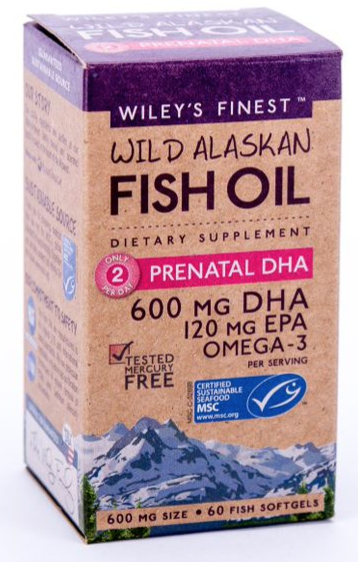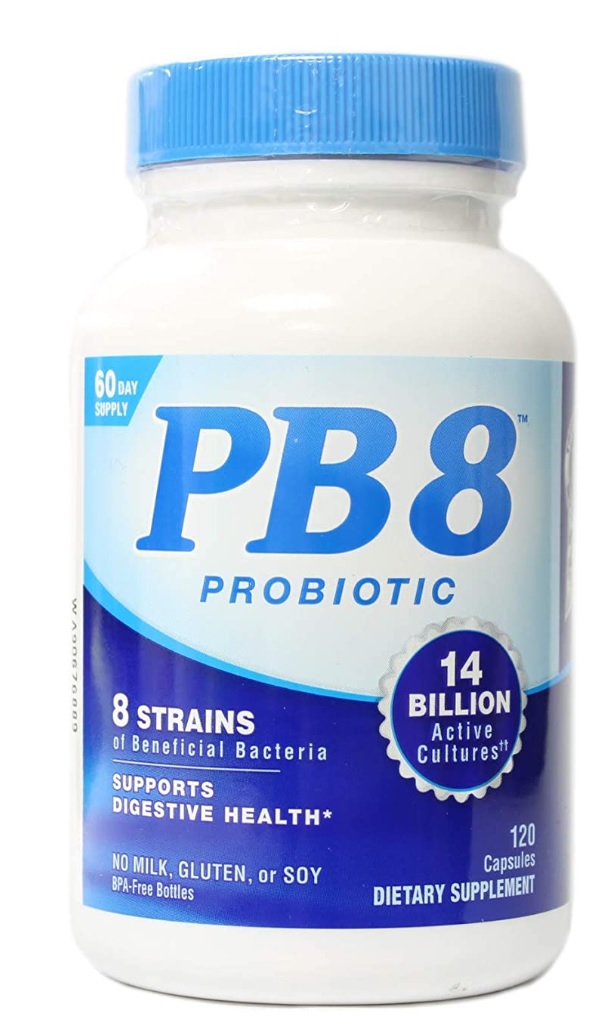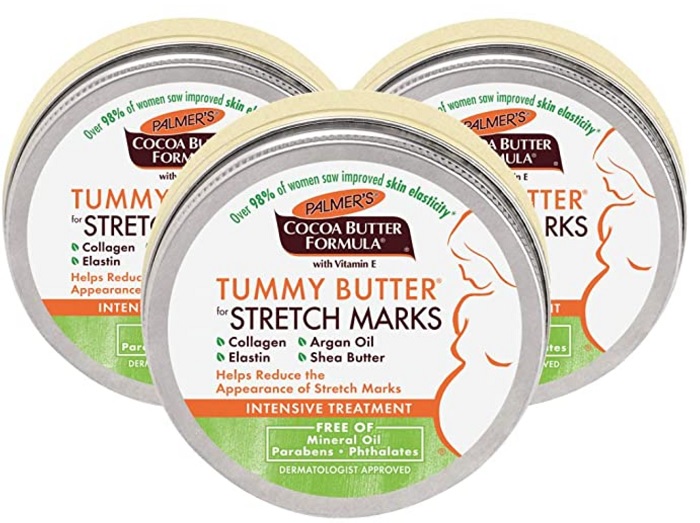
Pregnant women get lots of ads and advice, but I bet very few of those giving it have as much pregnancy practice as I do. While our family of eight is a pretty normal size by historical standards and on other continents, it’s not among comparatively much more wealthy Americans.
That means I have almost surely had more babies than any of your friends or any other internet writer recommending products. Please note that I am certainly not qualified to give medical advice, so check any of this with your medical practitioner. Also, I am not a huge shopper or spender, so what I buy tends to be minimal and strategic. Pregnant women are overmarketed because our early baby spending patterns last a long time.
So, if you are pregnant, or one day hope to be, take a peek or pin this list for later. We’ll go by trimesters.
First Trimester
Vitamins and Supplements: Your doctor will tell you to take a prenatal multivitamin if you are pregnant or trying to get pregnant, and do. But many doctors will not tell you to take additional supplements. I have used four different maternity practices and only one recommended fish oil and two a probiotic, which I also consider essential.
The first thing atop a prenatal multivitamin I take daily is fish oil. This is an extremely high-quality one (disclosure: made and sourced in the USA by a family-owned company run by college friends). Wiley’s Finest provides a much higher serving of DHA than most other fish oil, and DHA is the more important fish oil Omega-3.
These nutrients are extremely important for baby brain and eye development. Two United Nations studies, for example, found that babies with mothers who ate two servings of fish a week had average IQs of 6 points higher than babies whose mothers did not. Eat your DHA!

The Food and Drug Administration recommends that mothers eat fish two times per week to get the nutrients of a fish oil capsule through diet, but taking the supplements ensures you get enough to grow a nice big baby brain.
The second thing I take daily with my multivitamin is a probiotic. This is the one my first midwives recommended and I still use it. Gut health is very important in general, to prevent illnesses and help your food go down better and your body access the nutrients in your food better, and it’s even more so in pregnancy, when your stomach has extra work to do.
It will also help ward off GBS, a normal gut bacteria that doesn’t harm adults but can be fatal to a very small percentage of babies, so pregnant women take a GBS test at week 37 of pregnancy and antibiotics during labor if they test positive. You want to avoid that if you can, because it’s annoying in labor and not ideal for your baby’s immune system or developing stomach flora.
If you are really on top of gut health you will also eat some fermented foods like sauerkraut, pickles, and yogurt, and try to avoid the sugar that feeds bad bacteria. You can Pinterest easy how-tos for all of those fermented foods. But at least take a probiotic. Here is more about why.

Morning Sickness: There are all kinds of remedies, but I haven’t found most very useful. What works will depend on the woman. I’ve found the best relief from chewing gum and eating smaller, high-protein meals and snacks more frequently. We’re talking 5-7 times a day — I will often eat half of a meal at a meal time and save the other half for an hour or two later when the nausea starts to rise.
I also like flavored water — not the stuff with that metallic sweetener, but water flavored with lemon slices or mint leaves, something fresh.
I prefer to take a prenatal with more nutrients than these prenatal gummies, but I do use the gummies as my prenatal multi when my nausea is too strong to get the better multivitamin down.
Second Trimester
Doula: Especially if you are first-time mom, or a second-time mom whose first birth did not go like you wanted, get a doula for your birth. Or use a birth center or practice that employs midwives. I cannot overemphasize this one enough — it’s my absolute No. 1 piece of advice for pregnancy.
Birth is unpredictable, difficult, and fraught. To reduce dangerous interventions for you and your baby and get good advice about any medical decisions that could have major implications for your family, you need a personal advocate with medical training. If you are birthing in a standard hospital, you will typically not get this without hiring a doula. The money is absolutely, 100 percent worth it.
A doula is your personal advocate and coach for birth. Whoever is on staff at the hospital is less likely to treat you as an individual and respect the potential differences between your pregnancy and birth and mass recommendations for the nonexistent generic pregnant mother.
Even if we’re not talking life-threatening situations with your birth, a doula is a crucial coach during labor. And labor is hard. Key in reducing your anxiety while in labor — which directly affects the pain you feel and your ability to manage it — is the ability to lock eyes with someone you trust who knows how to reassure you, tell you exactly what to do, hold your hand, and monitor you and baby with trained eyes.
Many nurses and doctors do not do this. They have other patients and often very little personal connection with each one. They will not stay by you the entire time you are in labor, unless you have an extremely fast one. They may not give empathetic coaching through contractions and pushing. Instead, they might come in, check your vitals, and then leave you alone. They may not be aware of the many ways to relieve your pain, get the baby into place for the ideal birth, and move labor along without resorting to drugs that increase the likelihood you get an unnecessary C-section.
A doula will. At the very least, interview some doulas and talk through what they can offer. Again, especially hire one if you have never done birth before, but everyone can use labor support. The second trimester is the time to interview doulas and find one you click with.
Belly oil: I am a freak about avoiding stretch marks. When I’m pregnant, I oil my belly like it’s a pair of patent leather shoes. I stole a sleep T-shirt from my husband that is indelibly greased from all the oil applications. I don’t care, I don’t want stretch marks.
The experts say stretch marks are genetic. But I’m also sure that I have kept my genetic disposition to stretch marks to a minimum by being a belly oil fanatic.
During pregnancy, I use both the belly butter and the regular lotion from Palmer’s (it’s less expensive in a store than from Amazon). I put on the thicker belly butter before bed and the thinner lotion in the morning. One container of each usually lasts an entire pregnancy. Again, I do not skimp. Butter is an apt description for what I do to my belly.

Grease protection: To protect clothes besides my sleep shirt from getting saturated in belly oils, I’ve used the Belly Shield from Belly Bandit. It’s just a wide band of thin, stretchy material that keeps the oil from rubbing onto your clothes. I usually don’t need to use it until the middle or end of the second trimester because I don’t get round until about halfway or so. The Belly Shield is made for a pregnant belly so it slides around before the belly really pops — at least for me.

Collagen: I also take collagen supplements to help my skin expand, and then continue postpartum to help it shrink. I’ve noticed a definite difference between skin behavior during the pregnancies I did not take collagen and the ones in which I did.
There are all kinds on the market. I happen to use this one, but I didn’t do exhaustive research on it or make sure to ingest grass-fed, locally sourced cow hooves. Feel free to go wild on that if it’s your thing.
Third Trimester
Ice cream: Forget what I said about avoiding sugar earlier. You are pregnant, and pregnancy sucks. Eat ice cream daily if it makes you feel better. I do. Yes, there is a reason this advice is in the “third trimester” portion of this article. You will understand when you get there.
Chiropractor: If you do not already see a chiropractor regularly for basic health upkeep, you will most likely find yourself needing one in the third trimester, when your bones are loosening up to make way for baby the most and baby is getting heaviest. I have noticed a definite improvement in my body comfort in the pregnancies where I have seen a chiropractor regularly, and absolutely recommend going. Most people go about once a month unless they have a specific issue that requires more frequent work.
Kegels: If you haven’t been doing them, labor is soon. Start doing them. Other gentle pregnancy-approved exercise is also a great idea for labor prep. I like squats and Kegels most, as well as cat-and-cow yoga/pilates poses. The latter is very helpful for increasing stomach muscle and back strength, which helps with labor and helps with back pain in the third trimester.
Postpartum
Stomach compression: This gear goes by all kinds of euphemistic names, but we all know it’s meant to take that deflated balloon of a babyless belly and stuff it back into shape. I have found belly bands extremely helpful at this, and highly recommend one to postpartum moms who are as vain as I am.
These products originated as support to moms who had a C-section, but I’ve never had a C-section and I still love my belly wrap. The first one I got was one marketed to C-section survivors, and it helped shrink my waistline even though I thankfully didn’t have any painful cuts in it. The one I use now is a Belly Bandit, but there are others on the market now, so feel free to comparison shop.

I recommend putting yours on as soon as your belly doesn’t feel like hell after birth. Because I’m lucky, for me that’s usually a few days afterward. Wear it as long as feels comfortable. Watching your belly shrink before your very eyes while wearing it will be highly motivating. The more you wear it, the faster your waistline will reappear, but don’t hurt yourself.
Shrinking Belly Cream: Palmer’s makes a “firming” lotion. I don’t know if it helps my skin, but it costs like $7 so that’s very little to lose trying. Certainly more care for that poor belly is better than less.
Lanisoh: If you are nursing, you should have Lanisoh. It’s a very thick cream to help ease skin discomfort that is very common in the first 6-8 weeks of nursing. Ingesting it won’t hurt baby.
Nursing can be rather painful for the first several weeks and Lanisoh helps me get over that and accomplish my goal of nursing the baby for at least his first year. Like doctors, I encourage nursing both for its health and intelligence benefits for the baby, but also because it’s an effective postpartum weight loss program. The best thing about it may be that you don’t have to, you know, do any exercise or anything, and you still lose weight. Five kids and counting!
Nursing help: Nursing may be natural, but it is not usually easy. “The Womanly Art of Breastfeeding” is my favorite go-to guidebook for every nursing issue and to walk you through how nursing and your baby change week by week, but I also highly recommend in-person assistance, either from an experienced girlfriend or family member, doula, midwife, hospital newborns group, or lactation consultant (if she recommends breast shields, get another one).
Core exercises: Speaking of exercise, probably nobody has told you about a diastasis recti or about how to re-engage your core after it’s toted around an embedded bowling ball for several months. A number of mothers I know use the MuTu program for that and general postpartum exercise, and they’ve given me great reviews. I was given the silly-sounding but good book “Lose Your Mummy Tummy” after my first baby, so that’s what I use, plus a DVD of 10-minute pilates routines.
If you and your baby make it this far, you are doing great. Take a bit of time to smell the baby. You will start sleeping again. You will wear smaller pants someday. It will be sooner than you think.









